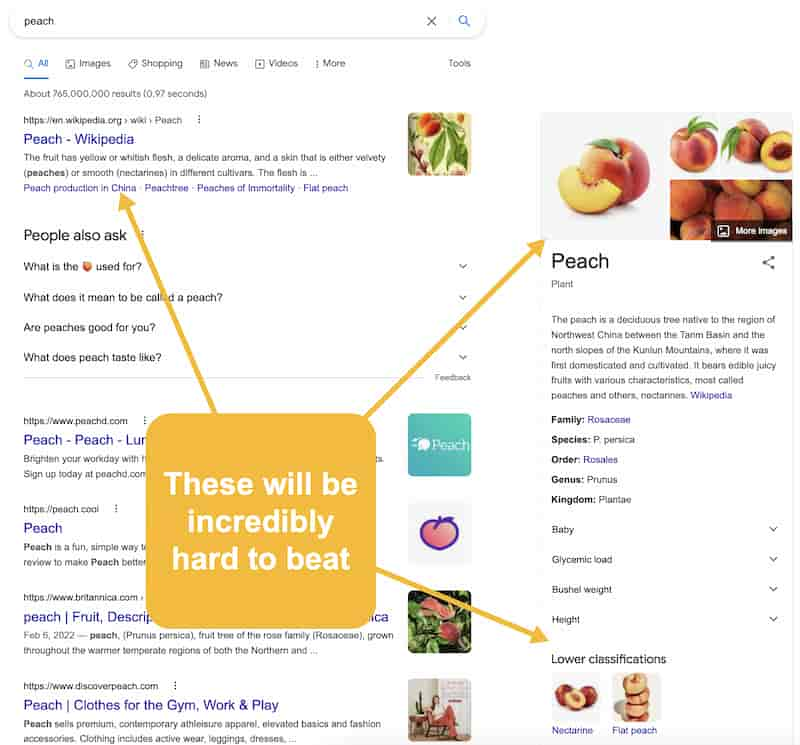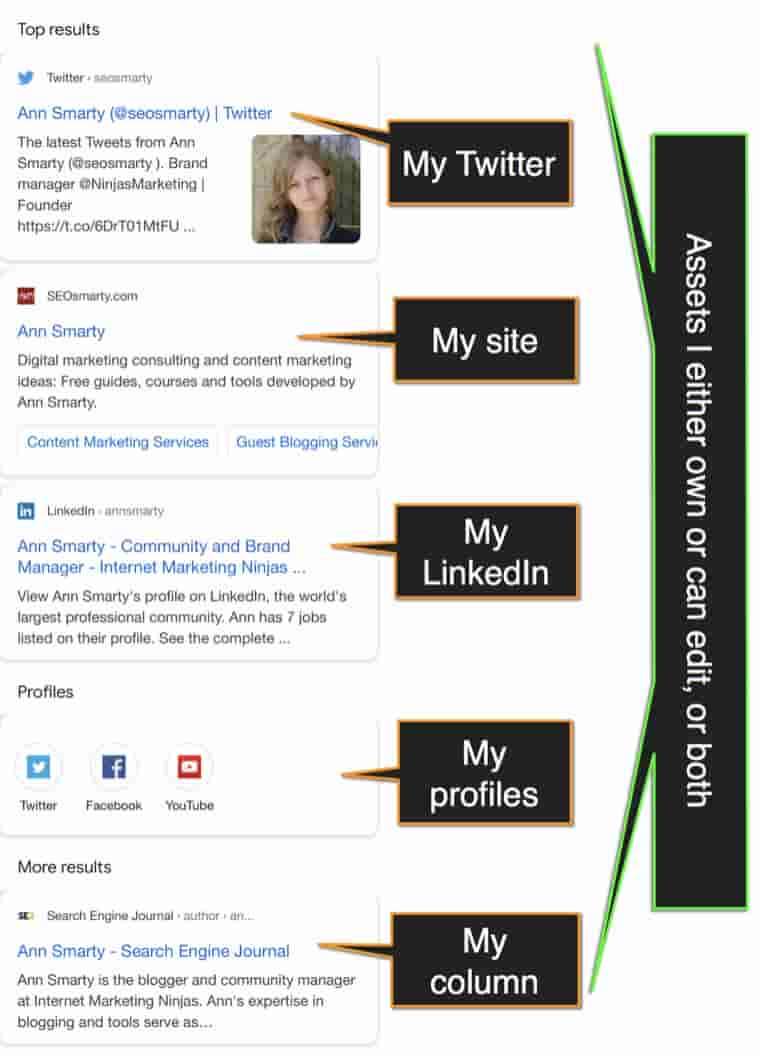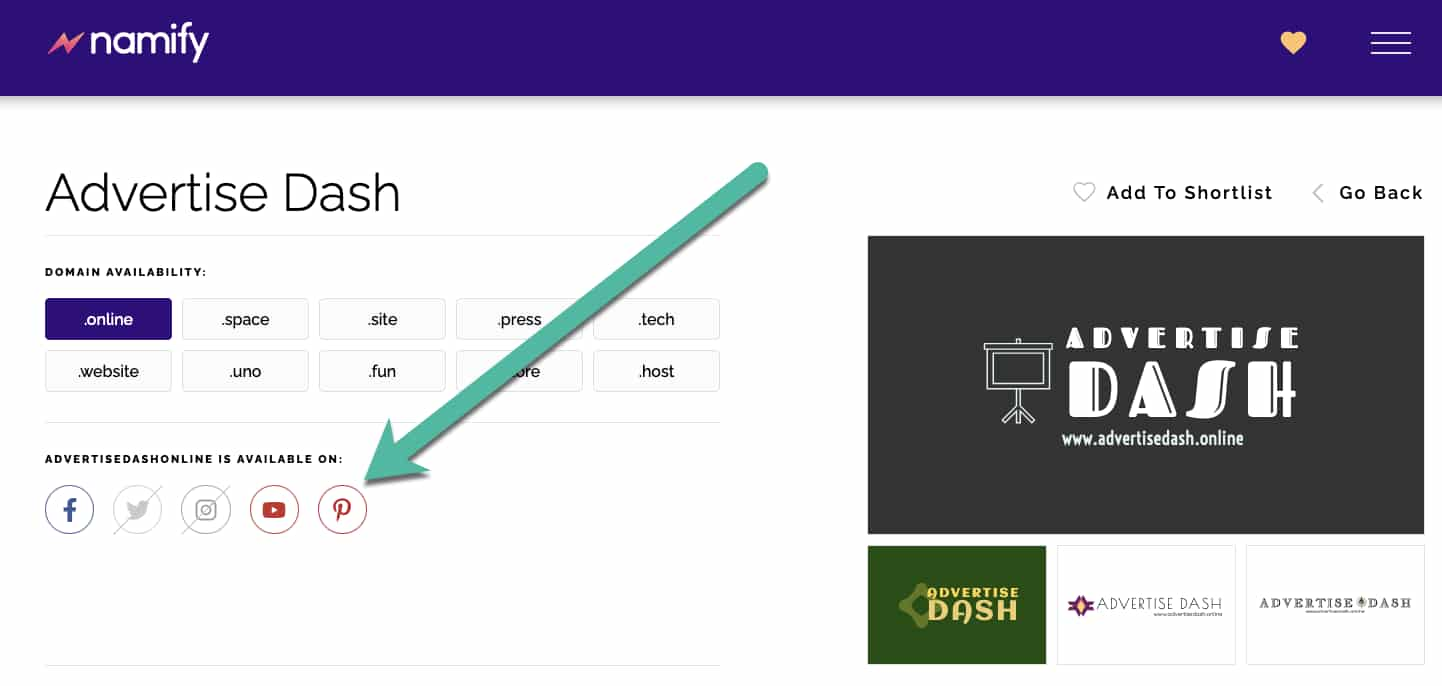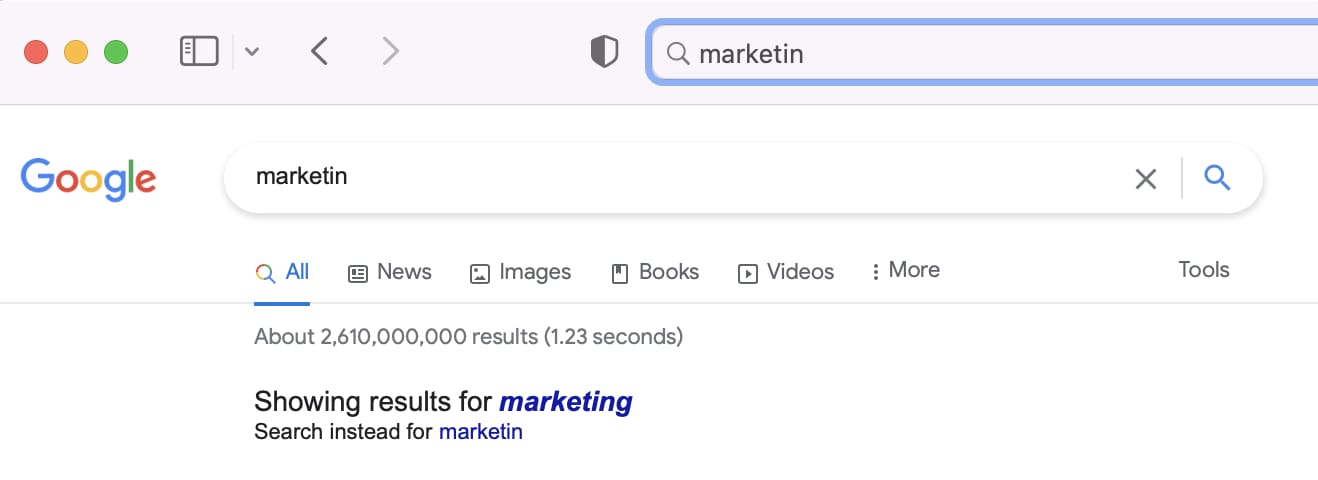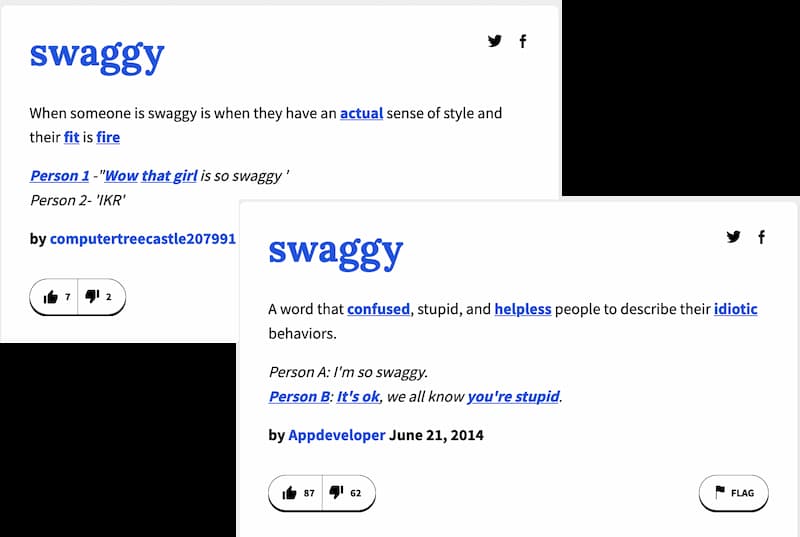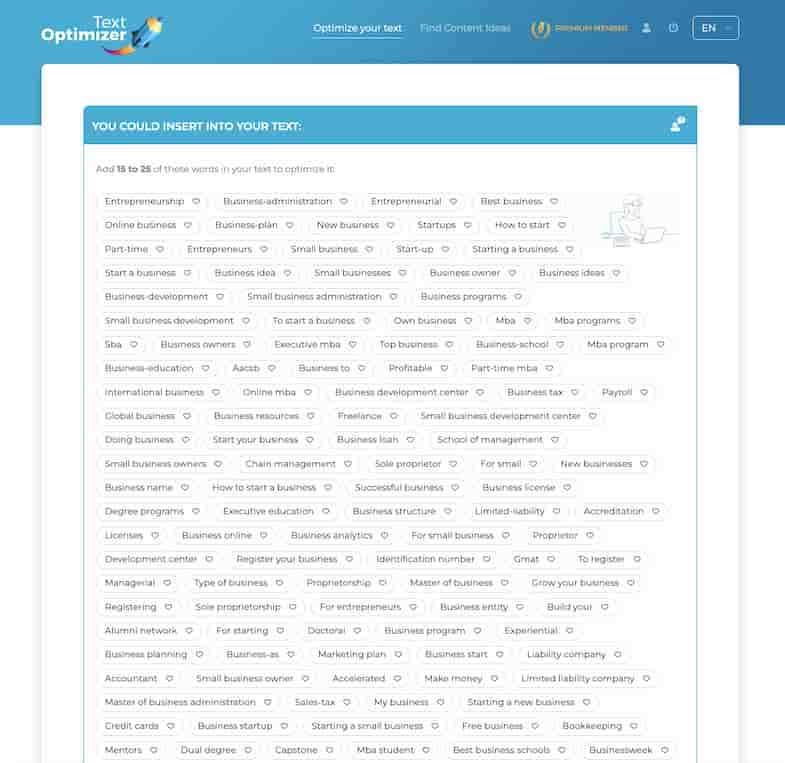How to Choose a Brand Name with Reputation Management in Mind
When starting a business or a new project, choosing a brand name is always a dilemma.
There are so many factors to keep in mind: How easy it will be to remember? Will it trigger positive niche associations? Will it be easy to type into a browser URL bar or will it cause too many misspellings? Will it be easy to spell? Am I using someone else’s trademark?
All of those questions are valid, and there are no easy answers.
But what few businesses think about when looking for a brand is, will it help or hinder my reputation management strategy?
Your Brand Name is Your Future Keyword
And the most important one.
How many times have you been typing a brand name in Google search (instead of using the browser’s address bar) to get to that site?
This has become an almost default behavior because in both Google Chrome and Safari the address bar is Google search bar. And these are pretty much the only browsers people are using when searching from mobile devices.
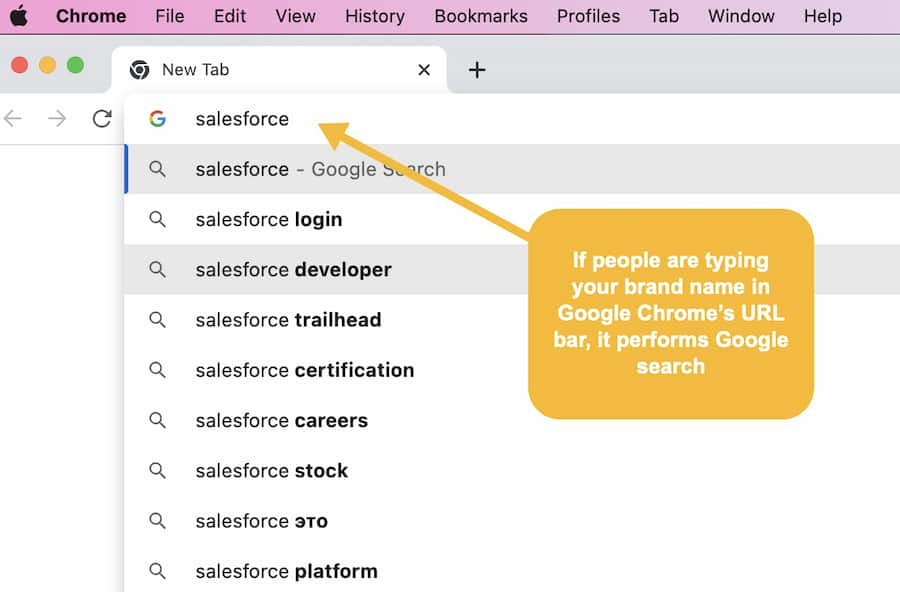
Now think of this: People typing your name in the browser trying to get to your site are those people who already know you. They are about to make a purchase. These are your most important searches.
Instead, they find themselves searching for your brand name.
Will that search prompt them to get to your site? Or will it distract them, reveal your competitors for them or scare them with negative reviews?
Businesses all over the world are forced to manage their organic search reputation. Their most important page is your brand-driven search results in Google which you, the business owner, have no control over.
Avoid Too Generic Brand Names
Are you considering investing a few thousand dollars into a generic domain like peach.com or a similar one?
Think twice.
Apple may have killed it but are you sure you will be able to compete with Wikipedia?
Google’s Knowledge Panel is extremely stubborn. Your future and current customers will be lost typing your brand name and seeing some generic definitions.
How easy is it going to be for your customers to find you?
Quite a few website builders out there come with a free domain as well, so if you are on a budget, explore that route. This may save you time and money you’d spend on a website design and get you a cool domain name too.
The cost of starting a website can be considerable, so save your money and buy a fresh and unique domain that will be easier to brand.
Pick a Domain Name That is Available As Social Media Usernames
Your brand-driven search is not going to be just your domain.
In fact, your site will be able to take only one position out of ten available on the first page.
What will the other 9 positions show in Google?
This is where you are running into a risk when your sneaky competitors will be able to optimize their landing page to rank for your name. I imagine those pages won’t be praising you at all!
Another risk is that your unhappy customer may be angry enough to publicize their frustration and that article will be showing up on page one for your brand-driven search. No matter how good your business is going to be, there’s always a chance there will be a misunderstanding that will become public.
To protect your future business, you need more brand-driven assets to rank for your brand name search. These are:
- Social media profiles
- Business-related pages (BBB page, etc.)
- PR-driven pages (interviews, press releases, etc.)
While you can slowly work on the latter two, the first one (social media presence) is extremely important because Google loves showing official pages for any brand-driven search.
Making sure Google knows about your official channels is another issue though.
The best-case scenario is to find a brand name that is available on major social media networks as a username.
When your social media profiles match your brand name, Google will quickly connect all the dots, and rank your assets on page one for those people who are searching for you to check them out and connect to you. This way you minimize your losses by owning the most results for your most important search.
Make sure your social media bio is professional, so that it represents your brand well.
Namify offers a handy tool allowing you to find brand names that are still available on major social media profiles.
Once your site is ready, make sure to link to your social media accounts from it to ensure Google can crawl the links and associate your social media presence with your business. There are quite a few free icons for you to easily point your site visitors and Google to your official social media channels.
More Checks to Perform
Search Google for the Name You Are Considering
Before you register a domain name, perform a quick search and evaluate your possibilities. If there are other sites that rank for that term, check their domain strength. Will it be easy or possible to compete with them?
Also, note that if your brand name search triggers a misspelling, it will take quite some time to beat.
Search Urban Dictionary
Urban Dictionary is a good idea if you want to avoid possible negative connotations:
Try Text Optimizer
On the other hand, if you need to find out what positive associations, try running this intent optimization tool: Text Optimizer will search for your brand name, collect Google’s search snippets and use semantic analysis to find underlying concepts and entities:
Keyword clustering is another useful tactic that will uncover some great brand name ideas based on your target keywords.
Conclusion
Your brand name is the foundation of your reputation management strategy because this is the keyword you want your business to be findable for. If you choose a too generic brand name, your customers may not be able to find your business in Google.
If you choose something that’s already taken, it will take months and years to overcome your more established competitor. Thoroughly appreciate your future brand-driven search results and choose wisely!
Tags: Online Reputation Management Services, Reputation Management.
